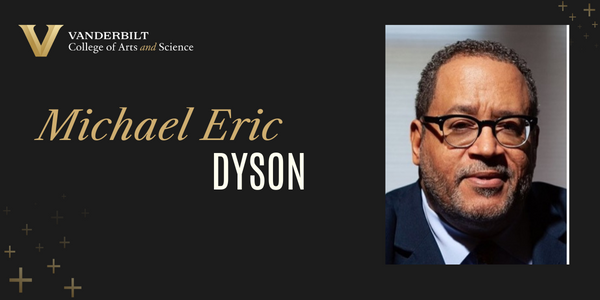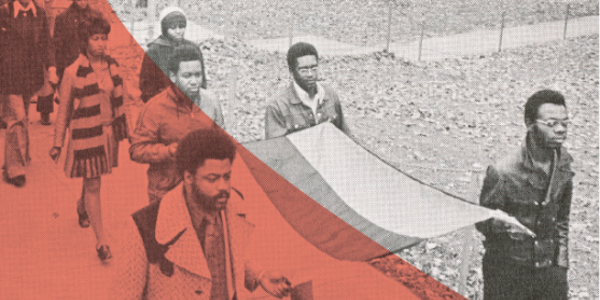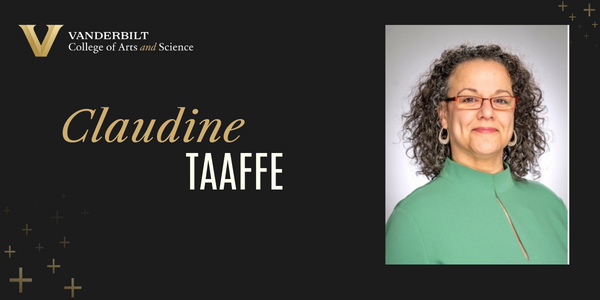Why African American and Diaspora Studies?The study of Africans, African Americans, and people of African descent emerges from a rich, distinguished, and exciting past that continues to influence our present realities. AADS offers an interdisciplinary, cross-cultural, and comparative study of the lived experiences of Black people dispersed throughout the world from the continent of Africa. We examine the histories, politics, economies, social worlds, literatures, music, and visual cultures of multicultural and diverse African descent people in the Americas (North and Latin America), the Caribbean, Europe, and Africa itself.




